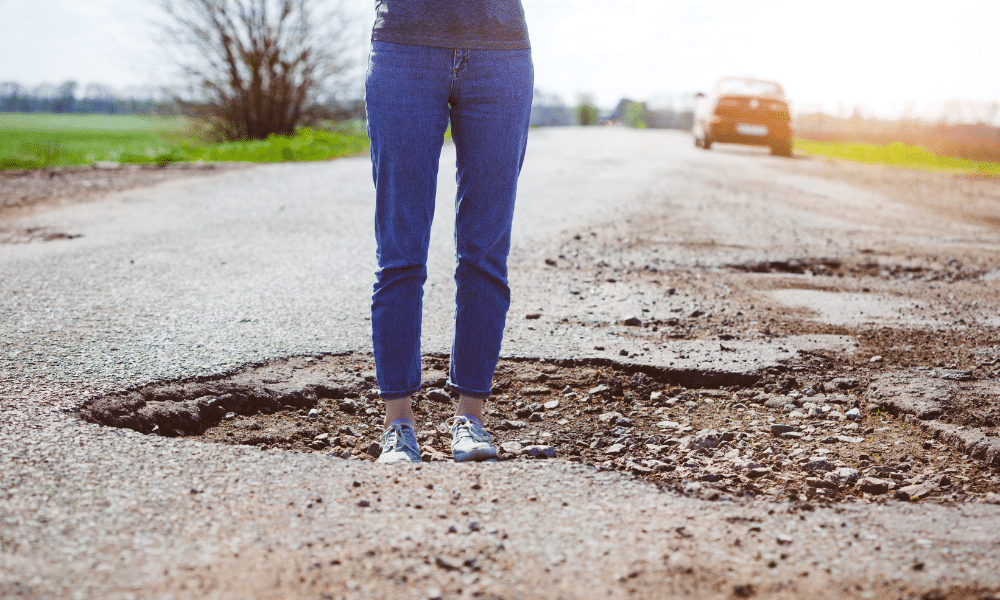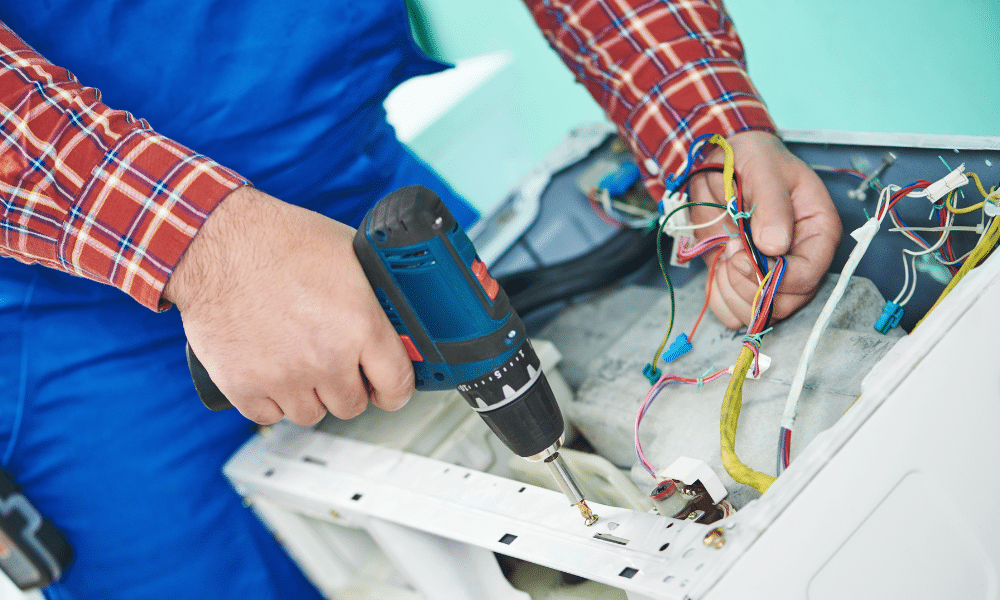Nurses and Workers’ Compensation

Since you were little, you knew that you wanted to be a nurse. You did not want just a job; you wanted a career that is highly rewarding. As a nurse, it is your job to provide comfort to those who are suffering. Your presence in the doctor’s office, hospital room, birthing room, emergency room, and others is calming. You are the one who provides those seemingly little “extras” that go a long way in bringing a person to recovery. It is an occupation that provides both expertise and compassion.
Being a nurse or a nurse’s aide, like being any other professional comes with the risk that you may suffer from injury on the job. If you are injured due to a work-related issue, you may be covered by New Jersey workers’ compensation law.
Occupational Hazards
While the job is fulfilling, it also has its share of hazards. According to the Occupational Safety and Health Administration, or OSHA, nurses have a significantly higher rate of developing musculoskeletal disorders than the rest of the population. In fact, OSHA reports that number to be seven times higher than the national average. Nurses are constantly on their feet and are tasked with positioning and repositioning patients, which can cause serious strains. They are also tasked with moving heavy medical equipment and doing the same tasks repeatedly. All of these can be contributing factors to workplace injuries.
In 2011, the Pennsylvania Commonwealth Court heard the case of Flynn v. Workers’ Compensation Appeal Board regarding a nurse who suffered severe injuries during her employment. In that case, Flynn, a nurse with the Department of Military and Veteran Affairs, saw a fight break out between two patients. Flynn and another nurse intervened in the altercation. During the dispute, a third patient in a wheelchair ran over her leg, causing severe leg fractures that required three surgeries.
Also, nurses are always on the move, especially in hospitals. Hospitals are continually cleaning their facilities. This leads to cleaning crews creating wet surfaces on tiled floors. The wet surfaces combined with the nature of a nurse continually moving around creates a higher probability of slip and falls, which can be very serious.
Another aspect is the exposure to diseases. Nurses often deal with people who are suffering from contagious diseases, which may be significant. Those diseases can cause serious damage. While the employer is tasked with providing nurses and other staff members with means to protect themselves from contagious diseases, those protections may be too weak to properly protect from germs and viruses.
What are more nurses and nurse’s aides often have to deal with unruly patients who may physically attack them? Often, patients may be upset at their diagnoses and take out their frustration on the target they have the most contact with – the nurse. For those working in psychological hospitals, the likelihood of a physical attack is even greater.
Psychological Injury
In addition to physical hazards, nurses and nurse’s aides are candidates to suffer from work-related psychological injuries. As mentioned, a nurse is a person who is caring and provides comfort for those suffering from illness and injury. When a patient attacks hospital staff who are there to help and comfort the patients, the psychological trauma is much worse. It can lead to post-traumatic stress disorder.
No Middle Ground
Unlike other professions, the nursing profession does not allow for a middle ground of employment. That is to say, either you are working as a nurse, or you are not. A nurse is charged with doing certain physical labor, which an injured nurse cannot do. Construction workers who were previously doing strenuous labor can do lighter work post-injury, whereas nurses who have physical limitations post-injury most likely cannot work as nurses at all. A construction worker who used to lifting heavy steel beams can now drive a forklift; a nurse who previously ran around the hospital is most likely not going to find a nursing desk job. A construction worker who may drop a brick on the floor may not be a liability; a nurse who drops a patient on the floor is a liability.
As such, it is imperative that a nurse who is injured on the job attain the highest possible workers’ compensation award. The nature of a nurse’s work makes suffering a serious injury a potential career killer.
Back Pains
A significant part of a nurse’s job is moving patients, often to administer them medication or provide comfort. The patient may be significantly heavier than the nurse. The nurse also may be pulling heavy equipment to provide a patient with care. Moving patients and machinery could cause a nurse to have severe back and neck issues after which he or she may not be able to work as a nurse any longer.
In theory, a nurse who suffers back pain as a result of a work-related injury is entitled to workers’ compensation. However, it may be difficult to prove because the employer could argue that the back issues are a result of repetitive motions over the nurse’s lifetime and not specific to employment with this employer as a nurse.
When this occurs, it is imperative to have a doctor examine you to help determine the genesis of severe back pain. Often, one doctor will provide an opinion while another doctor offers a conflicting view. A workers’ compensation judge presiding over a case who hears conflicting evidence must make a decision and state a rationale why he or she believes that one party is correct. Thus, it is imperative that if you are a nurse suffering from back pain, that you contact an advocate who can articulate your position to the judge because there will often be conflicting evidence that can hurt your chances of collecting workers’ compensation.
Injured? Contact an Experienced New Jersey Workers’ Compensation Lawyer Today
You are a nurse injured in a work-related accident and want to get paid what you deserve. You need an experienced and knowledgeable workers’ compensation attorney who knows how to advocate on your behalf. Contact experienced New Jersey workers’ compensation attorneys at the Law Offices of Craig A. Altman at 856-327-8899 to learn more about New Jersey’s workers’ compensation laws and how they apply to you.





